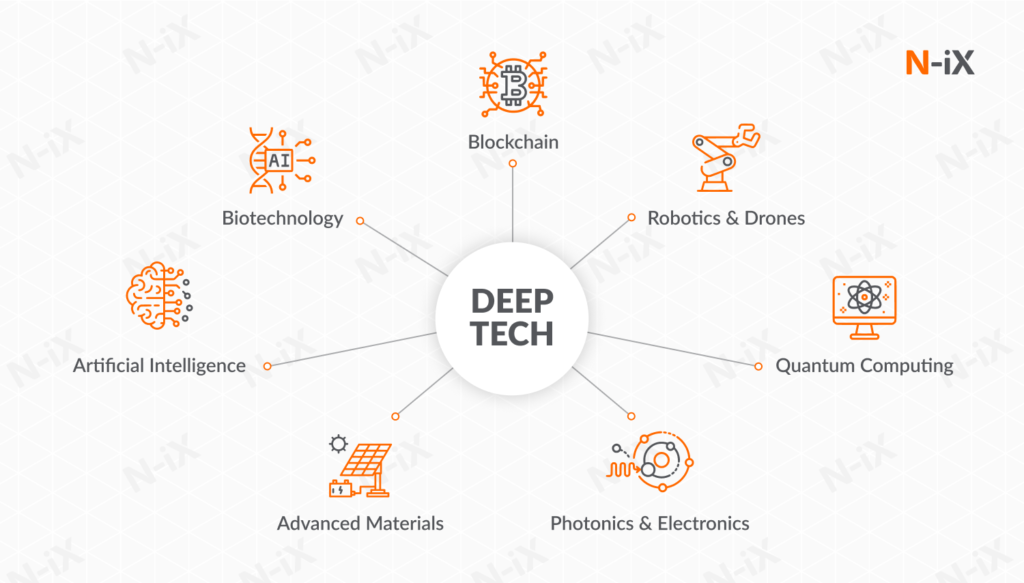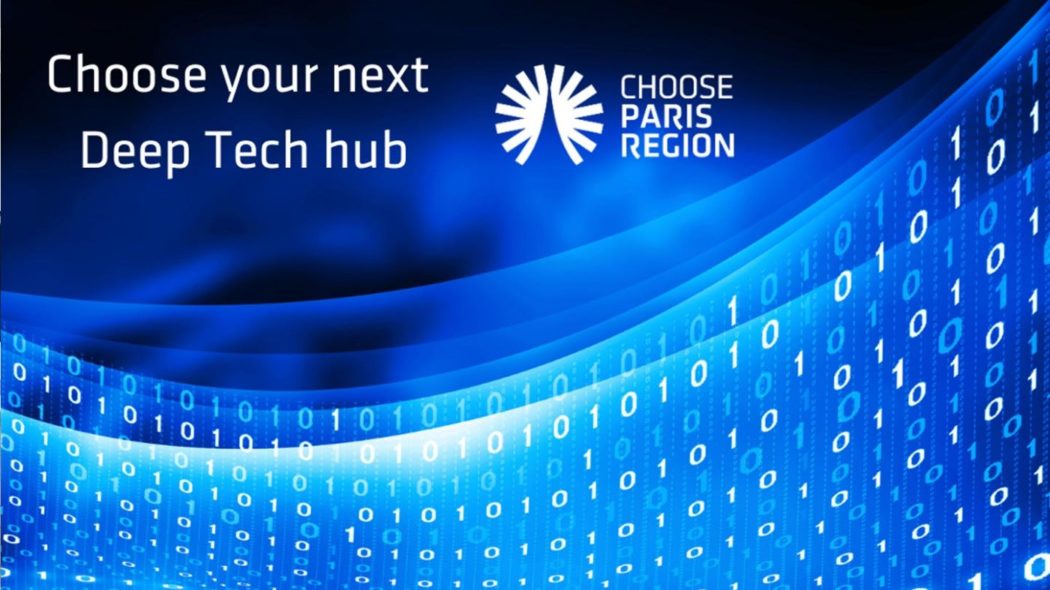France aims to be a global leader in ‘deep technology’
Deep Technology, that which is based on scientific discoveries, could see huge advances in the health, agri-food, and energy sectors. With France’s heavy investment it is well-positioned to become the global center for deep technology startups.
France focuses on long-term goals with Deep Tech
Deep Technology, which is based on scientific research and discoveries, was a highlight of the recent VivaTech innovation conference in Paris. With a commitment to development and funding support for new startups, France is aiming to become a world leader for this type of technology which currently lacks a defined ‘center’ on the globe. Benefits from Deep Technology could come to fruition in the health, agri-food, and energy sectors. The latter is particularly important as the conflict in Ukraine has shown how vulnerable to energy-dependency much of the world is.
Scientific advances rather than deep state surveillance
The name ‘deep technology’ may cause people to immediately think of ‘deep state’ conspiracies of secret and unauthorized control of the people, or of a genre of music mixing deep house and techno. The reality is neither of these things. Deep technology, also called hard technology, is a phrase coined by Swati Chaturvedi as the opposite of ‘shallow tech.’
Deep technology refers to that which is based on high tech innovation in engineering, or significant scientific advances, while shallow technology is a relatively simple technological advance that utilizes currently available solutions. For example, a telephone-based delivery service switching to a phone application service, or a book shop offering e-books for download are both shallow technology. Uber, though it shook up the marketplace, is an example of shallow tech. The technology was already there, and it is easy for competitors to replicate.
For deep tech, the aim is some sort of real, innovative technology that would significantly alter the marketplace when deployed.
From machine learning to food production
Deep tech startups are likely to be based on artificial intelligence or machine learning, or other innovative applications like block-chain, computer imaging, or virtual reality.
But while AI refers to a very large field of study, the deep tech companies themselves are looking at ways to apply that in different, specific situations. Startups are already working on ways to use artificial intelligence in agriculture, either to direct machinery to carry out tasks autonomously or to identify pest infestations before they occur.

Within urban settings, developing sustainable and smart transport systems is vital to reduce congestion and air pollution, and AI could be used for city design, route-planning, identifying traffic patterns or even controlling autonomous vehicles.
Even further, there are startups looking to predict natural disasters through machine learning.
Many theories, but few real-life applications
So far there have been few major shake-ups or commercial successes resulting from deep technology startups. One of the biggest problems with deep technology, and one of the reasons it has often been shunned for investment, is that products take a long time to reach the market.
Because deep tech startups are based on finding and applying new technology, they often need large investments over a long term, as well as heavy amounts of research before any product can be made. Even once viability of a product is confirmed, taking it to market can be equally slow.
There are deep technology applications already in use however. During the Covid-19 pandemic, both Moderna and BioNTech were able to use artificial intelligence research applied to medicine to help them create vaccines. Moderna’s Chief Data and Artificial Intelligence Officer, Dave Johnson, has said that AI algorithms and robotic automation helped them scale up and be able to produce around 1,000 mRNA molecules a month. Moderna is also using artificial intelligence to help their mRNA sequence design by predicting ways it might react in the body, something impossible in previous years.
France’s prior investments begin to pay off
Even before the pandemic, France had already bet big on deep technology. In 2019, President Emmanuel Macron announced a €2.5 billion plan to help 500 French deep technology startups launch each year. The investment is starting to show, as in 2021 the number of startups in the sector increased by over 30% in comparison to the previous year, and in January 2022, Exotec, a warehouse robot manufacturer became the first deep tech startup ‘unicorn,’ a tech company valued at over €1 billion.
Where Big Tech information giants like Facebook, Twitter, and Google cluster in the United States, deep technology has yet to find a true home. With France’s investment and encouragement, it will be well-positioned to become the global center for deep technology companies as the field begins to boom.
Photos : chooseparisregion.org
















There are no comments
Add yours